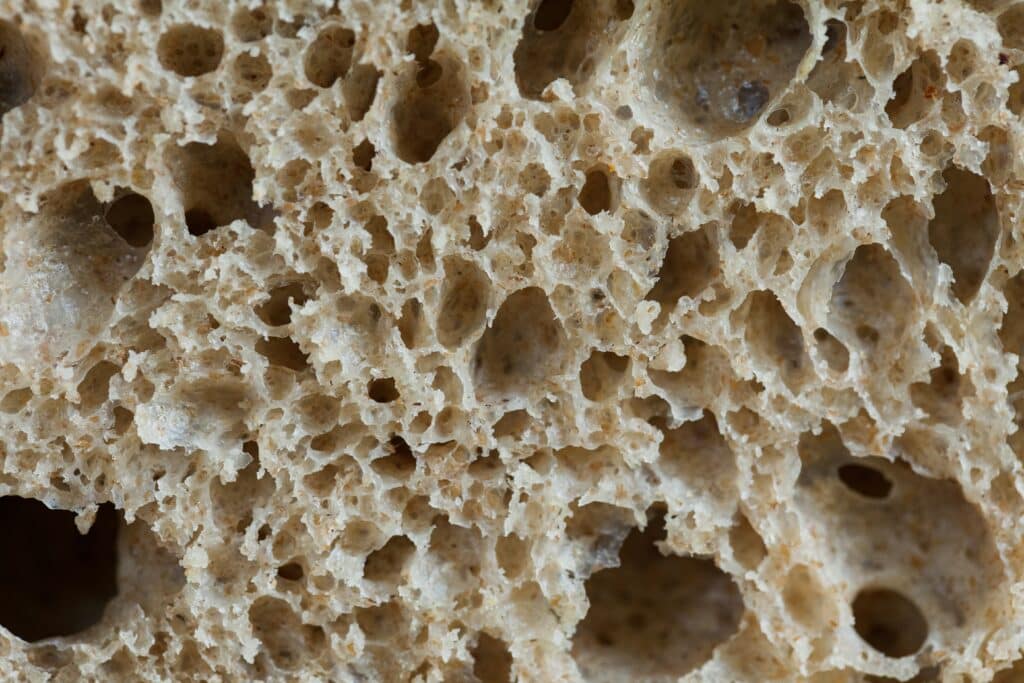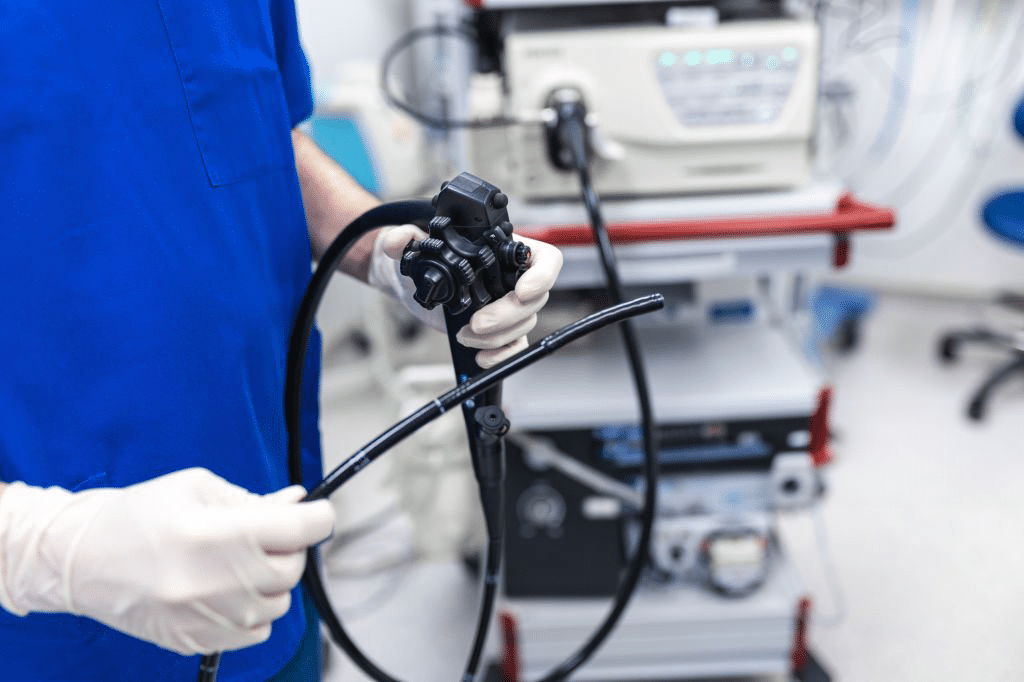In the realm of digestive health, misinformation often abounds, leading to misconceptions and confusion among individuals seeking to understand their gastrointestinal well-being. In this article, we’ll embark on a journey to dispel common gastroenterology myths with expert insights from Dr. Jo Chen. By unravelling the truth behind prevalent beliefs, we aim to empower readers to make informed decisions about their digestive health.

Myth: “Spicy Foods Cause Ulcers”:
One of the most enduring myths surrounding digestive health is the belief that spicy foods cause ulcers. However, research has shown that while spicy foods may exacerbate symptoms in individuals with existing ulcers, they do not directly cause ulcers to form. Dr. Jo Chen emphasizes that ulcers are primarily caused by infection with Helicobacter pylori bacteria or the long-term use of nonsteroidal anti-inflammatory drugs (NSAIDs), rather than dietary factors alone.

Myth: “All Digestive Issues Are Due to Gluten Sensitivity”:
Another prevalent misconception is the notion that all digestive issues stem from gluten sensitivity. While celiac disease, an autoimmune disorder triggered by gluten consumption, affects a subset of individuals, many digestive symptoms attributed to gluten sensitivity may result from other underlying conditions, such as irritable bowel syndrome (IBS) or lactose intolerance. Dr. Jo Chen stresses the importance of proper evaluation and diagnosis by a gastroenterologist to accurately identify the root cause of digestive symptoms.

Myth: “Colonoscopies Are Painful and Unnecessary”:
A common myth surrounding colonoscopies is the perception that they are painful and unnecessary. However, colonoscopies are a crucial screening tool for detecting colorectal cancer and other gastrointestinal conditions at their earliest stages, when treatment is most effective. With advancements in sedation techniques and technology, colonoscopies are now more comfortable and minimally invasive than ever before. Dr. Jo Chen encourages individuals to prioritize colorectal cancer screening as part of their preventive healthcare routine.

Myth: “Heartburn Means You Have Too Much Stomach Acid”:
Many people believe that experiencing heartburn is a sign of excessive stomach acid production. However, heartburn is often caused by a malfunctioning lower oesophagal sphincter (LES), allowing stomach acid to reflux into the oesophagus. Contrary to popular belief, reducing stomach acid with antacids may provide temporary relief but does not address the underlying issue. Dr. Jo Chen advises individuals experiencing frequent heartburn to consult a gastroenterologist for proper evaluation and management.

Myth: “You Can’t Prevent Gallstones”:
While genetics play a role in gallstone formation, lifestyle factors can also influence gallstone risk. Contrary to the myth that gallstones are unavoidable, maintaining a healthy weight, eating a balanced diet low in saturated fats and cholesterol, and staying physically active can help reduce the likelihood of developing gallstones. Dr. Jo Chen emphasizes the importance of lifestyle modifications in gallstone prevention and management.

Myth: “Probiotics Are Always Beneficial for Digestive Health”:
Research suggests that certain probiotic strains may help alleviate symptoms of digestive issues such as irritable bowel syndrome (IBS), diarrhoea, and constipation. However, it’s essential to consult with a healthcare professional before starting probiotic supplementation to ensure it is appropriate for your specific needs and to determine the most suitable strain and dosage. Additionally, probiotics should be viewed as part of a comprehensive approach to digestive health, which may also include dietary modifications, stress management, and other lifestyle factors.
In conclusion, dispelling gastroenterology myths is essential for fostering accurate understanding and informed decision-making about digestive health. By clarifying these common gastroenterology myths, we aim to help you feel more confident about managing your digestive health. For expert advice, feel free to reach out to us today.
Every piece of content and media on this website is produced and shared online purely for informational use. It should not serve as a replacement for professional medical counsel from your doctor and should not be used as a foundation for making health or personal life decisions.

